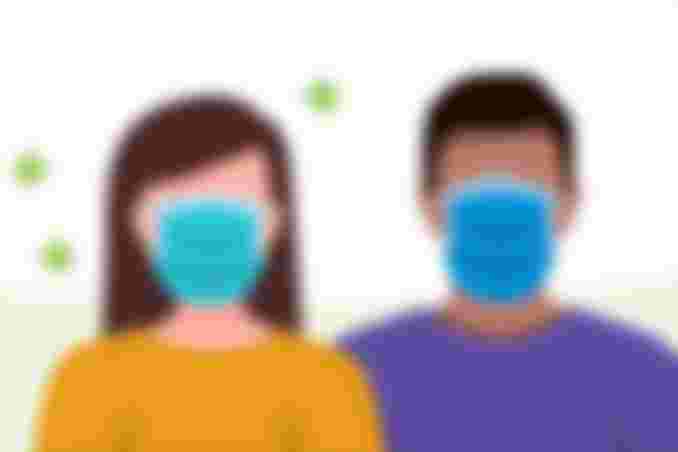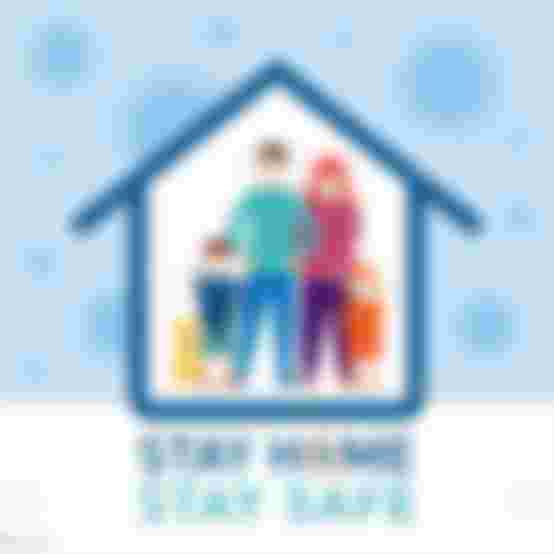
Important Ways to Slow the Spread
Wear a mask that covers your nose and mouth to help protect yourself and others.
Stay 6 feet apart from others who don’t live with you.
Get a COVID-19 vaccine when it is available to you.
Avoid crowds and poorly ventilated indoor spaces.
Wash your hands often with soap and water. Use hand sanitizer if soap and water aren’t available.
If You are at Risk of Getting Very Sick
People of any age, even healthy young adults and children, can get COVID-19.
People who are older or have certain underlying medical conditions are at higher risk of getting very sick from COVID-19.
Other groups may be at higher risk for getting COVID-19 or having more severe illness.

Getting a COVID-19 Vaccine
Authorized COVID-19 vaccines can help protect you from COVID-19.
You should get a COVID-19 vaccine when it is available to you.
Once you are fully vaccinated, you may be able to start doing some things that you had stopped doing because of the pandemic.

What to Do If You're Sick
Stay home except to get medical care. If you have symptoms of COVID-19, contact your healthcare provider and get tested.
Isolate yourself from others, including those living in your household, to prevent spread to them and the people that they may have contact with, like grandparents.
Call 911 if you are having emergency warning signs, like trouble breathing, pain or pressure in chest.

How to Get a Test for Current Infection
Visit your state, tribal, local,external icon and territorial health department’s website to look for the latest local information on testing.
Talk to your healthcare provider about getting tested. You and your healthcare provider might consider either in-person testing, an at-home collection kit, or an at-home test.
If you have symptoms of COVID-19, or if you have not been vaccinated and have been in close contact with someone with COVID-19, it is still important to stay home even if you are not tested.
What Symptoms to Watch For
The most common symptoms of COVID-19 are
List of Most Common Symptoms
Fever
Cough
Headaches
Fatigue
Muscle or body aches
Loss of taste or smell
Sore throat
Nausea
Diarrhea
Other symptoms are signs of serious illness. If someone has trouble breathing, chest pain or pressure, or difficulty staying awake, get medical care immediately.



